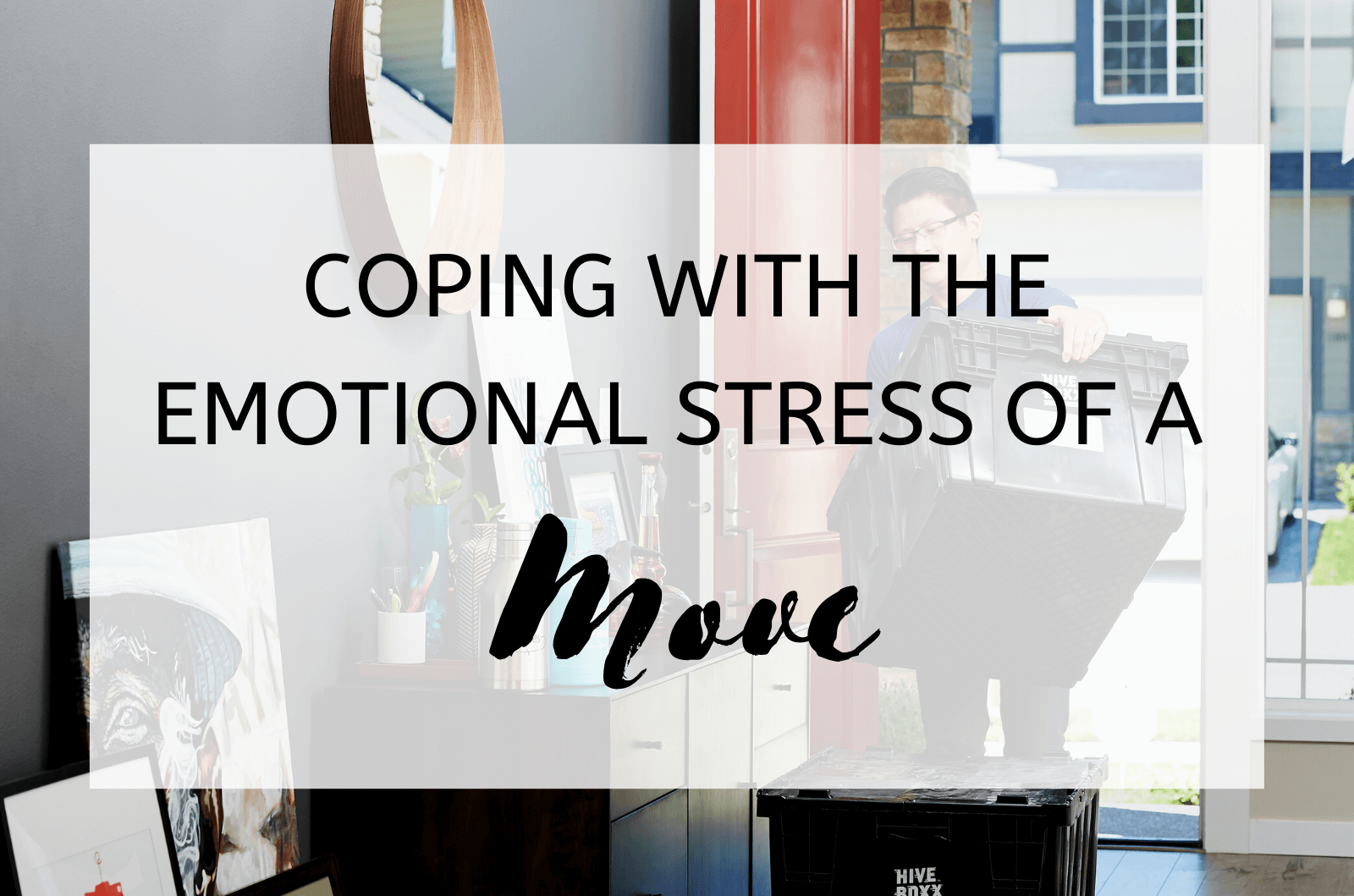When preparing to move, there are logistical elements of stress that you’ll likely face. For example, packing up an entire home and then unpacking it in a relatively short period. There are also emotional factors involved in any move.
Even if your move is overall a happy time for you, and you’re celebrating the opportunity for more space or living in your dream home, you’re also saying goodbye to numerous elements. You might be leaving the home where your children grew up or the neighborhood where your friends reside.
The emotional process of moving can be overwhelming, and it can blindside you if you aren’t expecting to encounter certain complex feelings. Below are ways to help deal with the emotional stress of moving into a new home.
Understand How Moving Affects Mental Health
If you can prepare yourself mentally for the fact that you will experience different emotions leading up to a move, this will help you along the way. For example, fear is a big emotion that people face. You might have a fear of the unknown or a fear of whether or not you’re making the right decision. You could also experience anxiety about planning the move or how you’re going to get into a new routine and create a new normal. Some people go through depression when encountering a move because they may feel like they’re saying goodbye to certain secure elements of their life.
Additionally, the stress of a move could include financial worries. Moving is expensive, and you may feel like you’re on financially shaky ground.
There are typically numerous logistics to coordinate. Plus, there’s a huge time commitment that accompanies a move, while still juggling other commitments in your daily life.
Research the New Community
When moving, you’ve likely done your due diligence as far as vetting the property itself. Similarly, give yourself time to familiarize yourself with the neighborhood and the area where you’re moving.
If you currently live close, frequent the neighborhood at different times during the week; get a feel for what it’s like. Drive around and scout out things like farmer’s markets and grocery stores, parks, and other amenities that you’re interested in. Give yourself a general idea of what to expect.
If you don’t reside nearby, you can get a pretty good feel for things online. Check out community blogs and social media pages to begin.
Lean on a Support System
When feeling overwhelmed with a move, don’t be afraid to ask for help. You should also share what you’re feeling with the people closest to you; that’s what friends and family are for—to help us through transitions in our lives.
Recognize Emotional Red Flags
There are numerous ways stress can manifest itself, and one should be on the lookout for these during a move. If you recognize red flags of stress, anxiety, or other difficult emotions, consider how you can practice self-care. Just because you’re in the midst of a move doesn’t mean you shouldn’t take time for yourself.
Emotionally, people experiencing high-stress levels might feel overwhelmed, angry or annoyed. You could also have a low mood, or feel like you’re frozen and unable to accomplish tasks.
Physical signs of stress include physical aches and pains, headaches, low energy, and changes in how you eat and sleep.
Mental signs of stress to watch for are problems focusing on a task, forgetfulness, disorganization, pessimism, and persistent worrying.
If things get too difficult for you to manage on your own, you might consider talking to a therapist.
Get Organized

If you can get organized, this can help improve your mental health and your outlook regarding the move. Start with checklists. Checklists are a great way to focus your mind to regain a sense of control in all areas of your life.
Eliminate Clutter
Eliminating clutter from your life can also be a good way to alleviate stress and anxiety. It’s very cathartic for many people. As you’re packing and preparing for the move, organize items into what you’ll take with you, what you’ll donate, and what you’ll throw away.
Finally, try to shift your mindset as much as you can. Don’t focus on moving as an ending or something you’re leaving behind, rather, embrace the change and look at it as a fresh, new beginning.




